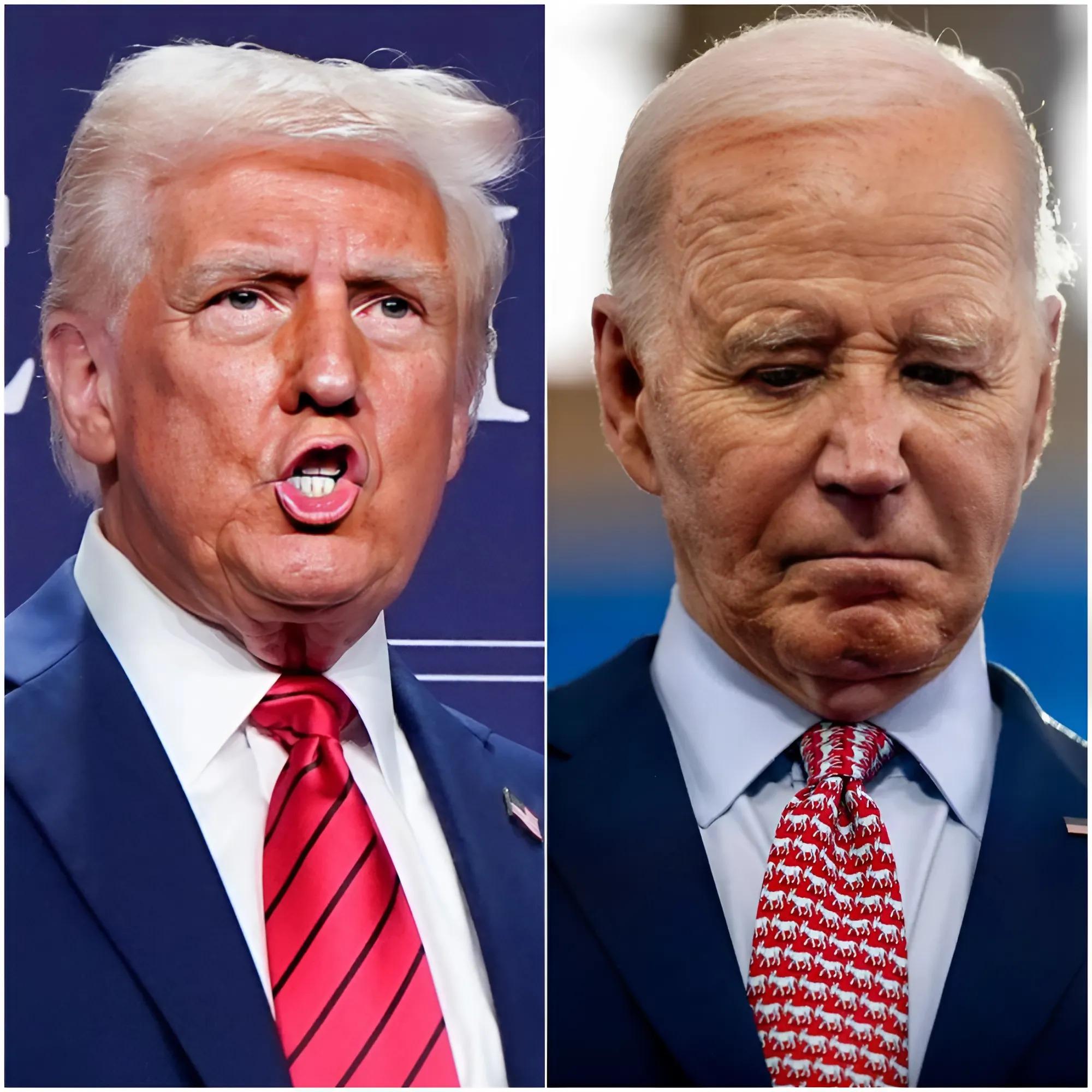On Friday, May 30, President Donald Trump renewed his personal criticisms of former President Joe Biden when questioned about Biden’s recent announcement of a stage 4 cancer diagnosis. The exchange, which took place amid growing public concern over Biden’s health, has intensified the already heated political rivalry between the two leaders.

Joe Biden, 82, revealed earlier this month that he has been diagnosed with an aggressive form of prostate cancer that has metastasized to his bones. Despite the seriousness of the diagnosis, Biden and his medical team have emphasized that the cancer is hormone-sensitive and manageable with treatment. In his first public statement following the disclosure, Biden expressed optimism, stating, “The prognosis is good. We’re working on everything. It’s moving along, and I feel good.”
However, President Trump’s response to this revelation was markedly unsympathetic. When asked about Biden’s health during a press briefing on May 30, Trump dismissed calls for sympathy and instead doubled down on his longstanding personal and political criticisms of Biden. He stated bluntly, “If you feel sorry for him, don’t feel so sorry, because he’s vicious.” Trump went on to accuse Biden of being harmful to many people throughout his career, reinforcing a narrative that has characterized much of his public discourse about the former president.
This response has been met with mixed reactions from the public and political commentators. Supporters of Trump have largely defended his remarks as consistent with his approach to political discourse, portraying Biden as a contentious figure whose policies and actions warrant criticism regardless of his health condition. Conversely, many critics have condemned Trump’s comments as insensitive and inappropriate, arguing that the gravity of a stage 4 cancer diagnosis calls for compassion rather than partisan attacks.

The ongoing exchange underscores the deep political divisions in the United States and the often-personal nature of the rivalry between Trump and Biden. Health issues of public figures, particularly those at the highest levels of government, have historically been treated with a degree of respect and privacy. Yet, in this polarized climate, Biden’s diagnosis has become another focal point for political contention.
Medical experts have cautioned against speculation about Biden’s health prognosis, emphasizing that stage 4 prostate cancer, while serious, can be effectively managed for extended periods with modern treatments. Biden’s optimistic public statements and transparency about his condition have been seen by some as efforts to reassure the American public about his capacity to serve.
Meanwhile, Trump’s remarks have fueled discussions about the boundaries of political discourse, especially when it involves personal health matters. Observers note that such confrontations may further deepen partisan divides and detract from substantive policy debates.
In conclusion, President Donald Trump’s continuation of personal attacks on Joe Biden in the wake of the latter’s stage 4 cancer diagnosis highlights the intensity of the political rivalry and the challenges of navigating public health issues in a contentious environment. As Biden continues his treatment and public appearances, the nation watches closely, balancing concerns about leadership and the often harsh realities of modern political discourse.






